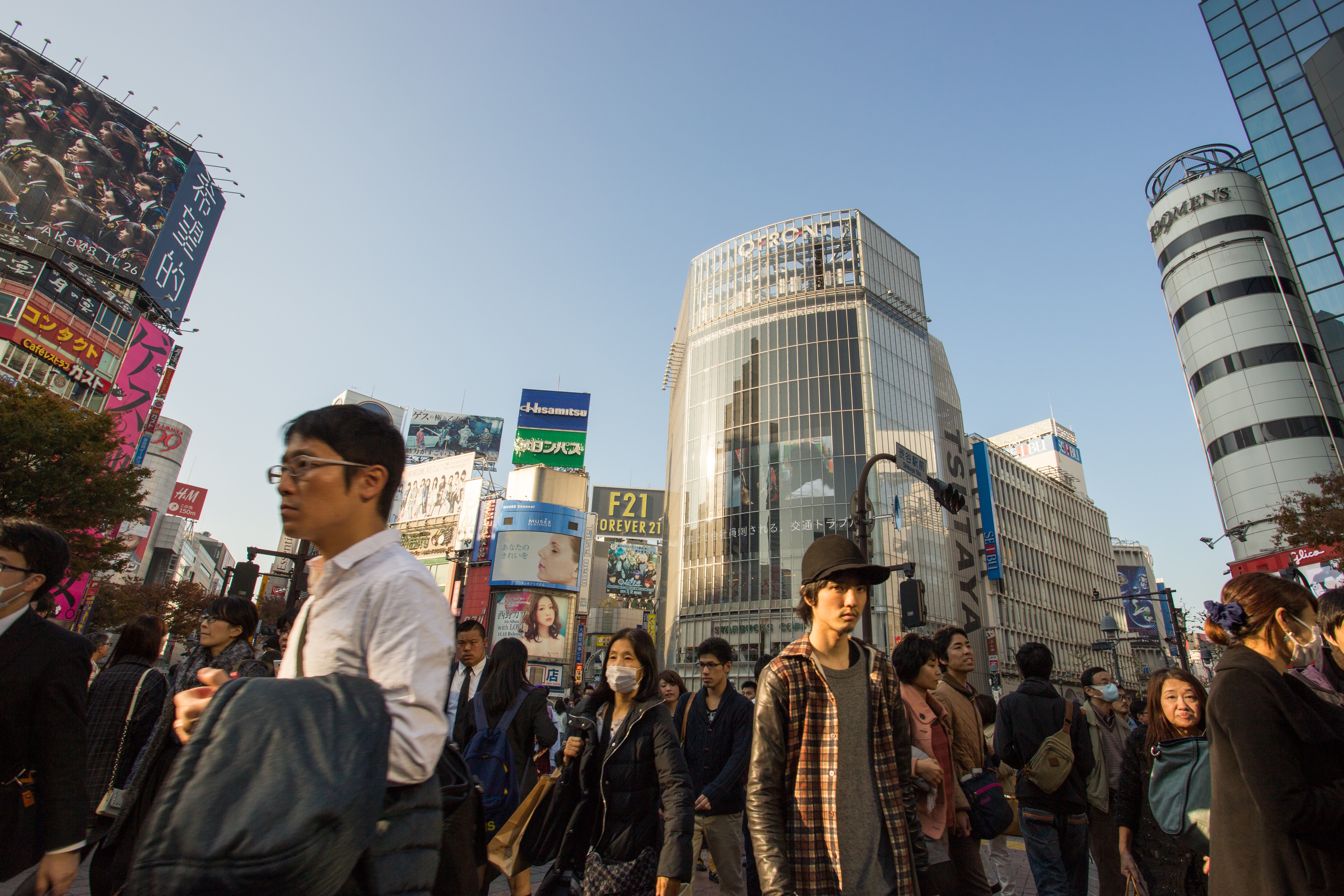Research suggests that it takes 23 minutes to get back on track after being interrupted during a task, leading to billions of wasted hours in American workplaces every year. But it’s even worse across the Pacific.
Writing at Quartz, Ben Waber shares data collected by his company Humanyze on U.S. and Japanese office workers. Humanyze uses computer and in-person analytics (as in, they track your device use and your body) to look for insights around productivity and communication, and they shed light on what factors may contribute to Japan’s status as a poster child for extreme office culture. There’s a reason Japanese has the word “kairoshi,” which means working yourself to death.
Two years of Humanyze’s chat, email and sensor data showed a startling pattern. Neither American or Japanese workers spent a ton of their time in “focused work,” which he defines as going 15 minutes without getting interrupted, which actually seems tragically short. American employees could focus 37 percent of the time, while Japanese workers spent only 19 percent of their time focused. But here’s the kicker: Japanese workers are interrupted 66 percent more often than their American counterparts, according to Humanyze’s data.
This is a brutal statistic, because the cost of an interruption isn’t just in how much time a given distraction costs you, but the way it punctures your concentration. As Georgia Tech organizational psychologist Howard Weiss recently explained to Thrive Global, it’s helpful to think of your day in terms of “performance episodes,” or the individual blocks of time you spend working on a given task.
These episodes are bounded by time: if you are pulled into a meeting, have to answer an important email, or are otherwise pulled off-task, then the episode is over. If you’re working on something complicated—writing code, building a presentation, researching for a project—then you need long performance episodes to load all the details of a project into your mind. That’s why interruptions are so deadly: all the balls you were mentally juggling drop to the ground, so you’re going to have to pick them up again, and work longer than you would have otherwise, to get that work done.
And if you’re getting interrupted two thirds more than U.S. workers, who are already full of complaints, then it’s going to be nearly impossible to get an complicated, creative work done. Add this to the list of reasons Japanese offices are such extreme places.


